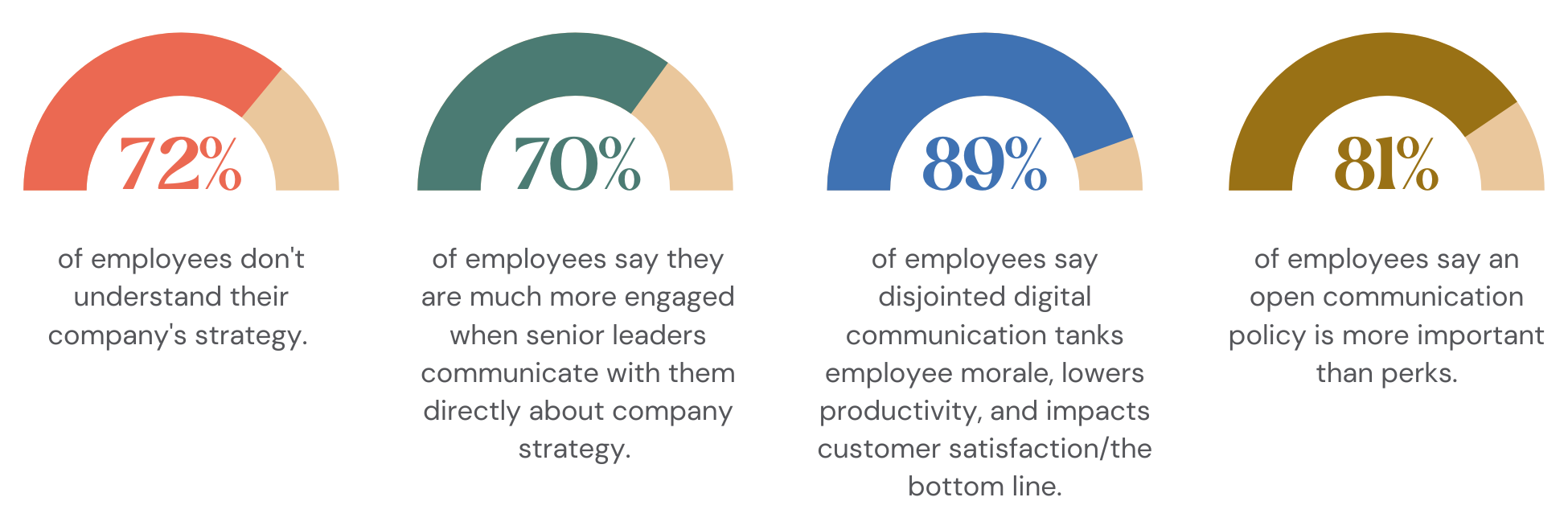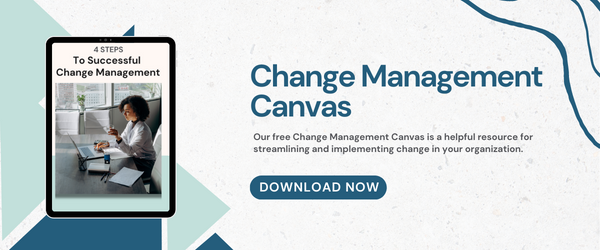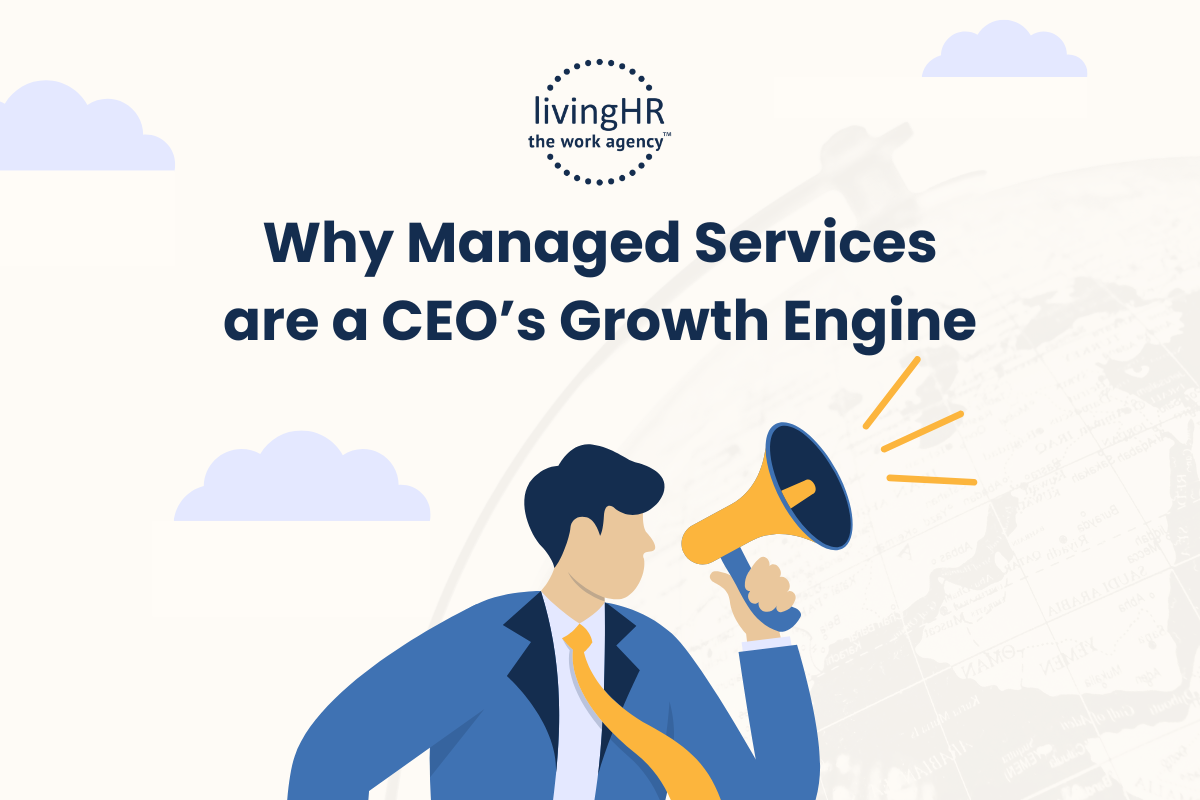In today's rapidly changing business landscape, organizations must adapt to stay competitive. One critical aspect of this adaptation is effective change management. Intentional change management practices play a vital role in driving employee engagement, aligning strategies, and enhancing overall organizational success. In this blog post, we will explore the significance of intentional change management practices and the positive outcomes they can achieve.
Understanding the Need for Intentional Change Management
Several statistics highlight the need for intentional change management practices. A significant percentage of employees struggle to comprehend their company's strategy, leading to a lack of direction and disengagement. However, when senior leaders directly communicate the company strategy, employees become significantly more engaged. Furthermore, disjointed digital communication negatively impacts employee morale, productivity, and customer satisfaction, emphasizing the importance of open and consistent communication policies over perks.
Objectives of Intentional Change Management Practices
Intentional change management practices are designed to achieve several objectives that contribute to a positive organizational culture and improved performance. These objectives include:
- Building Trust: By fostering transparent communication and demonstrating consistency, change management practices help build trust between employees and leadership.
- Reinforcing Desired Behaviors: Change management practices can reinforce behaviors that align with the organization's vision and values, encouraging employees to adopt them.
- Facilitating Understanding and Buy-In: Clear communication and engagement initiatives ensure that employees understand the rationale behind change efforts and are more likely to support them.
- Establishing Consistency: Consistent messages and practices create a sense of stability and reliability, which is crucial during times of change.
- Building Connection: Intentional change management practices facilitate connections between employees, managers, and leadership, fostering collaboration and a sense of unity.
- Generating Loyalty: When employees feel heard and involved in the change process, their loyalty to the organization grows.

Outcomes of Intentional Change Management Practices
Implementing intentional change management practices can yield numerous positive outcomes that benefit both employees and the organization as a whole. These outcomes include:
- Increased Employee Engagement: Engaged employees are more committed to their work, resulting in improved productivity, creativity, and overall job satisfaction.
- Increased Alignment with Strategies: Clear and consistent communication about the organization's strategies ensures that employees understand and align their efforts with the company's goals.
- Greater Productivity and Goal Accomplishments: When employees are well-informed, supported, and engaged, they are more likely to achieve their individual and team goals.
- More Positive Behaviors and Actions: Intentional change management practices encourage positive behaviors, such as effective communication, collaboration, and adaptability.
- Decreased Turnover: Engaging employees through intentional change management practices can reduce turnover rates by enhancing job satisfaction and loyalty.
- More Positive Morale and Sentiment: When employees feel valued, included, and connected, overall morale and sentiment improve, creating a more positive work environment.
- Ideas and Innovation from All Levels: Effective change management practices foster an inclusive culture where employees at all levels feel empowered to contribute their ideas and innovations.
How Can You Improve Your Change Management Practices?
To effectively implement intentional change management practices, organizations should consider the following phases:
- Rollout/Launch: Gain approval and buy-in from senior management, conduct town halls, leader training, and individual meetings to communicate the change.
- Execute/Action Plan: Prepare leaders, managers, HR, and employees for the change. Distribute guidelines, establish processes for governance and approval, and communicate any structural or operational adjustments.
- Feedback/Adjustments: Gather feedback from managers and employees, summarize it, and incorporate necessary adjustments into the change plan for subsequent years. Review and adjust grade structures and market salary movements as required.
Don’t know where to start? We can help.
Interested in elevating your change management strategy in your organization? Whether you’re starting from scratch or needing a boost, we can help. We build on the current state of your organization to create a relevant starting point for growth. Considering learning at both an individual and team level, we map opportunities across the entire employee experience and build customized solutions. Using data discovery, workshops, leadership development, conversation cohorts, and applied learning tools, we ensure our work is immersive, actionable, and will resonate beyond any one session or interaction to truly transform your organization.






